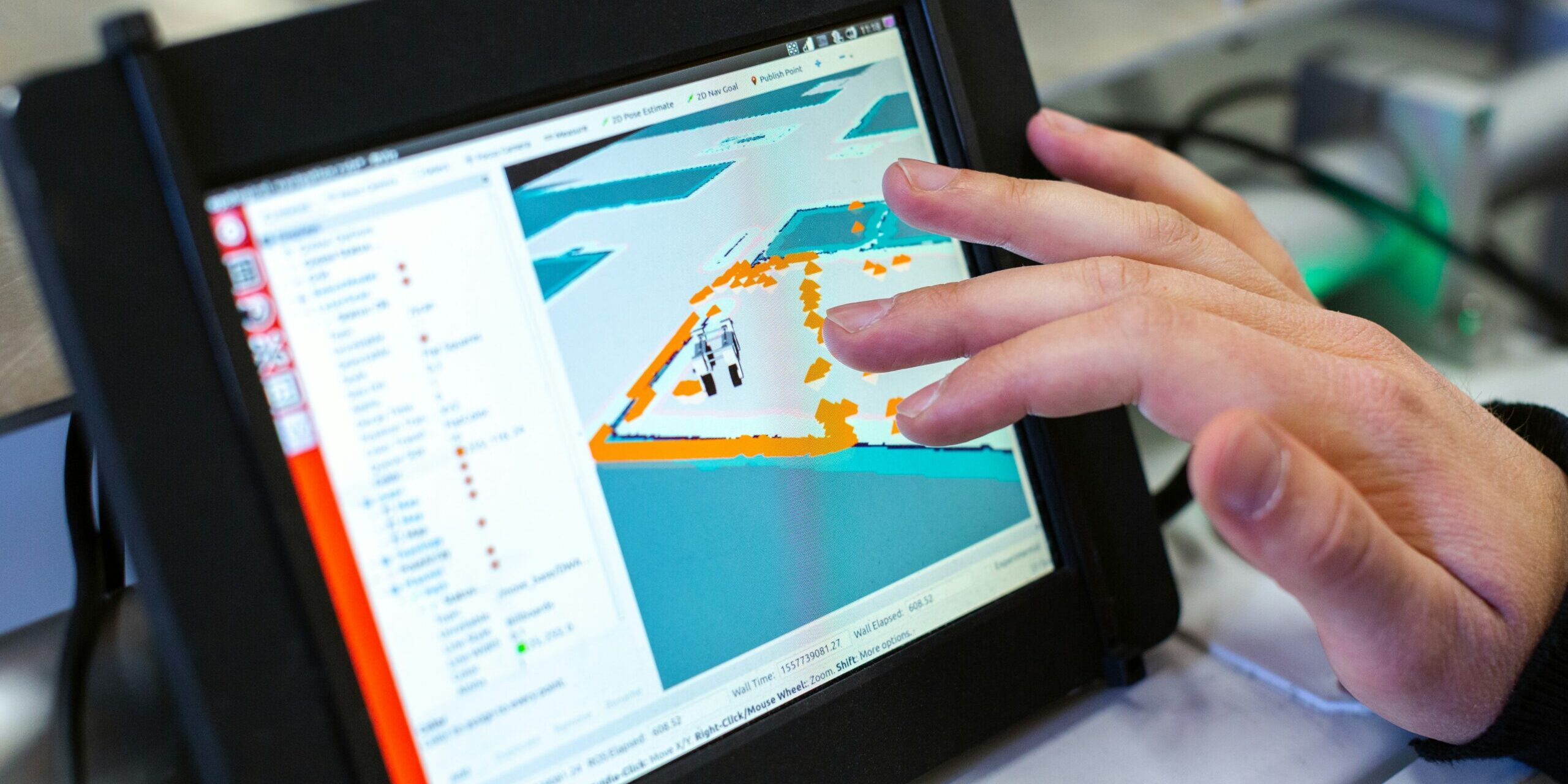Artificial intelligence (AI) has become a versatile tool across various industries, and the food retail sector is no exception. Numerous food tech companies are harnessing AI’s capabilities to enhance efficiency and ease at every step of the supply chain, benefiting suppliers, retailers, and consumers alike.
San Diego-based tech firm, known for its Internet of Things (IoT) Visibility Platform, has gained significant recognition for its innovative approach. This IoT platform has garnered attention by earning a spot-on TIME’s ‘Best Inventions of 2023’ list and being featured in Fast Company’s ‘Next Big Things in Tech’ list.
Steve Statler, Chief Marketing Officer at the company, highlights how the ambient IoT represents an evolution of traditional IoT by bringing connectivity and intelligence to a wide array of products. By embedding item-level intelligence into countless items and connecting them through generative AI platforms, businesses gain access to real-time data that addresses pressing challenges. Wiliot’s platform offers broad benefits, including more efficient and responsive supply chains, reduced carbon emissions, enhanced safety in food and medicine, and more.
Wiliot’s IoT Pixels, small, low-cost, self-powered computing devices, play a pivotal role. These versatile devices can connect almost anything to the internet, offering connectivity and data collection capabilities. Importantly, they are not limited to large objects; they can provide valuable insights into the contents of shipping crates, including individual packages of fresh produce, aiding in traceability for compliance and sustainability goals.
Antony Yousefian, Vice President of Climate and Circularity at Wiliot, stresses the environmental impact of inefficiencies and waste in supply chains. Wiliot addresses these challenges by creating an ambient IoT that adds intelligence and internet connectivity to every item in the global supply chain. This empowers products to transmit detailed item-level information, including location, temperature, and carbon footprint.
Furthermore, the IoT Pixels can sense humidity, allowing companies to monitor environmental conditions and improve the freshness, quality, safety, and integrity of products. This data can be invaluable to food retailers ensuring the sale of the freshest products and healthcare companies monitoring the handling and storage of medicines and health commodities. Wiliot’s Visibility Platform offers businesses unprecedented insights into their supply chains.
AI-Powered Retail Management Software Enhancing Efficiency
Throughout 2023, several retailers have embraced AI-powered retail management software to optimize their operations. These solutions simplify and streamline inventory management and workflow, particularly in fresh perimeter departments.
One notable example is a family-owned grocer, Festival Foods, based in De Pere, Wisconsin, which partnered with an AI technology provider to leverage its Fresh SaaS software. This technology enables retailers to enhance operations and meet customer demands efficiently.
Another retailer, Niemann Foods, a chain based in Quincy, Illinois, implemented a replenishment and inventory system called Magic across 43 stores in the Midwest. This AI software analyzes real-time data to forecast consumer demand and optimize inventory levels, considering seasonal trends and store promotions.
SpartanNash, a retailer based in Byron Center, Michigan, expanded its usage of an AI application to optimize localized inventory, enhance merchandising strategies, and improve sustainability efforts. By predicting product demand more accurately, associates can focus on providing excellent customer service.
Harps Food Stores, situated in Springdale, Arkansas, is also planning to implement the AI platform. Other leading retailers have already adopted similar software, emphasizing the importance of AI in enhancing retail operations.
AI Technology Minimizes Retail Shrink
In September, Toshiba Global Commerce Solutions introduced the ELERA Security Suite, an AI-powered technology designed to minimize retail shrink. Retail shrinkage accounted for significant losses in 2021, making it a critical challenge for the retail industry.
The ELERA Security Suite uses AI to turn data into actionable decisions, helping retailers reduce losses and improve profitability. This technology not only benefits retailers but also enhances the overall shopping experience for customers.
In conclusion, AI technology continues to revolutionize the food retail industry, streamlining operations, enhancing efficiency, and addressing critical challenges. These innovations empower businesses to make data-driven decisions, reduce waste, and improve sustainability, ultimately benefiting both the environment and consumers.







